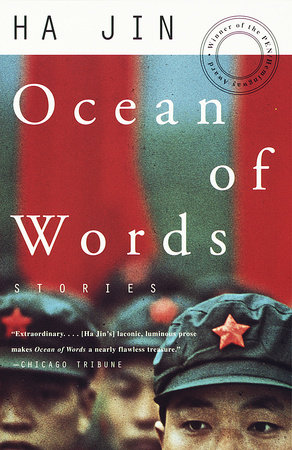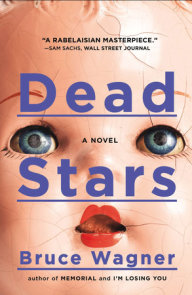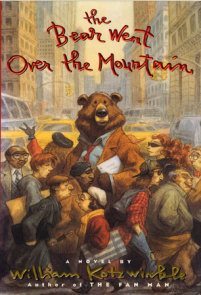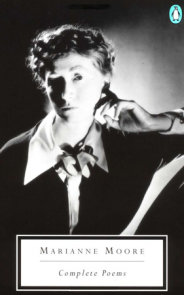READERS GUIDE
The questions, discussion topics, and author biography that follow are intended to enhance your group’s reading of Ha Jin’s debut collection of short fiction, Ocean of Words.Introduction
The central characters in the stories of Ocean of Words are men serving in the People’s Army on the northern border with Russia in the 1970s, as China and Russia are poised for war. Whether dealing with personal crises or guarding Russian prisoners, mediating conflicts with local villagers or trying to find a little solitude, Ha Jin’s soldiers are always clearly drawn, giving us a very real glimpse into what is, for most Americans, an unimaginable world.Reminiscent of Chekhov and of Hemingway in their luminous realism, these stories compose an unforgettable volume, often poignant, often funny, always true to life.
Questions and Topics for Discussion
1. Ha Jin has said, "I do believe in universals. I believe literature works on similarities, not differences" [Atlanta Journal]. The characters in these stories are soldiers and officers in a world to which American readers have had almost no access. How does Ha Jin manage to make you intimate with, and sympathetic to, their concerns and dilemmas? What is universal about these characters, and what, if anything, do you find difficult to identify with?
2. In the story "Dragon Head," the militia sings a song based on a quotation from Mao Tse-tung: "A revolution is not a dinner party, or writing an essay, or painting a picture, or doing embroidery; it cannot be so refined, so leisurely and gentle, so temperate, kind, courteous, restrained, and magnanimous. A revolution is an insurrection, an act of violence by which one class overthrows another" [p. 53]. The activities Mao mentioned are ones we would associate with leisure and with culture, both of which are highly prized in American life. Would you consider a class revolution, such as the one Mao tried to create, at all possible in the United States? Can you imagine Americans engaging in the political study sessions and self-criticisms that characters are involved with in Ha Jin’s work? What do people do for fun and relaxation in these stories, since activities like reading and painting solely for personal pleasure are forbidden?
3. What techniques does Ha Jin use to reveal the inner lives of his characters? How does his use of narrative voice and point of view create a sense of variety and affect your response to various stories?
4. Though it is always purely speculative to identify a work of fiction as autobiographical, would you say that Ocean of Words has the feeling of something that actually happened to its author? What do you find most moving about this story? Why has Ha Jin positioned it as the final story of the collection?




















